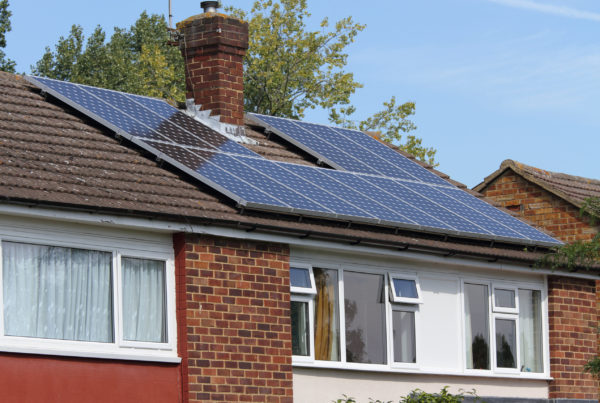
Energy Management Control Systems (EMCSs) are only as good as (A) the engineer who writes the control specifications, (B) the controls contractor who installs and programs the system, and (C) the facility manager who uses the EMCS.
An EMCS does not save energy in and of itself like an efficient boiler, chiller, or lighting system will. On too many occasions, we have witnessed expensive EMCSs saving no energy at all because of a breakdown in one of the ABCs. On the bright side, if the ABCs are optimally executed, the energy savings potential for a good system can many times be greater than the potential savings from heating, cooling, and lighting equipment.
(A) Engineering
Successful energy management begins with the engineering firm who writes the control sequence. The control sequence is a verbal depiction of how the EMCS will control systems in the building.
Sequence writing is an art and good sequence writers are rare. Indeed, we review many new construction designs and control sequences and quite frankly, some of the sequences we review physically will not work. So what does the customer get? Whatever the contractor decides while they program the system.
(B) Controls Contractor
The controls contractor must have experienced programmers who understand the objectives of the engineer and their product line must be sufficiently flexible to do whatever it is the controls engineer desires. Beware of “packaged” control products that lack flexibility. Ideally, a controls system consists of a bunch of hardware components that interface with the “brains” of the system, which are programmed from the ground up. If you start hearing “we can do that, but…”, beware. Buildings are as unique as fingerprints and one EMCS does not fit all.
(C) Facility Manager
The end user’s facility manager must have a passion for saving energy and be completely comfortable with the interface. As noted in the previous Energy Brief, if the controls contractor needs to make a service call to adjust the scheduling of the EMCS, this completely defeats the purpose of the EMCS. The facility manager must understand the basics of saving energy with HVAC systems. Training on both HVAC system energy strategies and how to operate the EMCS are highly recommended.
Wrap Up
Every EMCS installation should undergo functional performance testing to ensure the objectives of the design engineer’s control sequence have been met. An EMCS is a powerful tool but it is complex and a lot can go wrong between A and C.




